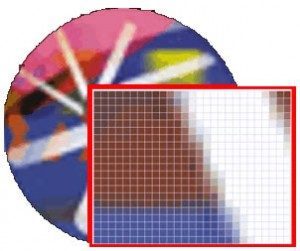 Detriment comes from the Latin detrimentum and means damage. It is a word little used in our language, so it can be considered a cultism.
Detriment comes from the Latin detrimentum and means damage. It is a word little used in our language, so it can be considered a cultism.
It is usually used as part of an expression: to act to the detriment of something. Thus, it is said that something acts to the detriment when it causes damage or a certain evil. In this sense, if an action is accompanied by an inconvenience or a grievance, the detriment is precisely the evil that is produced.
Affecting physically and mentally
The concept of damage is implicit in the idea of detriment, and it can be something physical or moral. In this sense, the evil generated can be conscious or unconscious. Let's see the two possibilities with two examples. A person decides not to wear a seat belt and ends up being fined for it. On the contrary, if someone forgets to water the plants, they do not do it deliberately but cause their deterioration. In both cases there is a clear detriment, since the two actions cause negative consequences. The voluntariness of the action does not affect its harmful results.
Habits that are detrimental to health
Everyone knows that certain behaviors are harmful to the body. The list is quite long: consumption of tobacco, alcohol, foods with salt, excessive fat, sedentary lifestyle, drug use without medical supervision ... Each of these behaviors apparently has satisfaction or some kind of immediate pleasure. However, they are harmful and are detrimental to physical well-being. Faced with this evidence, a question is compelled: why do we act against ourselves? There is no definitive answer, but there are some possible explanations:
 - We tend to self-deception. We believe that bad things happen to others and that we can get rid of certain risks.
- We tend to self-deception. We believe that bad things happen to others and that we can get rid of certain risks.
- The mind has an inclination towards destruction. Some psychological doctrines (for example, psychoanalysis) recall that man has a life instinct (eros) and a death instinct (thanatos) that leads him to do bad things. This inclination is merely unconscious and is not something rational that we can easily control.
- We live in the present. As another form of self-deception, we fall into the trap of ignoring that the long-term effects are not going to manifest themselves because we see them too far away and we do not want to give up the immediate benefit even if it is detrimental to health. This idea is summarized with a Latin expression: carpe diem, which means, seize the moment, live in the present. Carpe diem seems like good advice, but in the case of health it is quite questionable.









